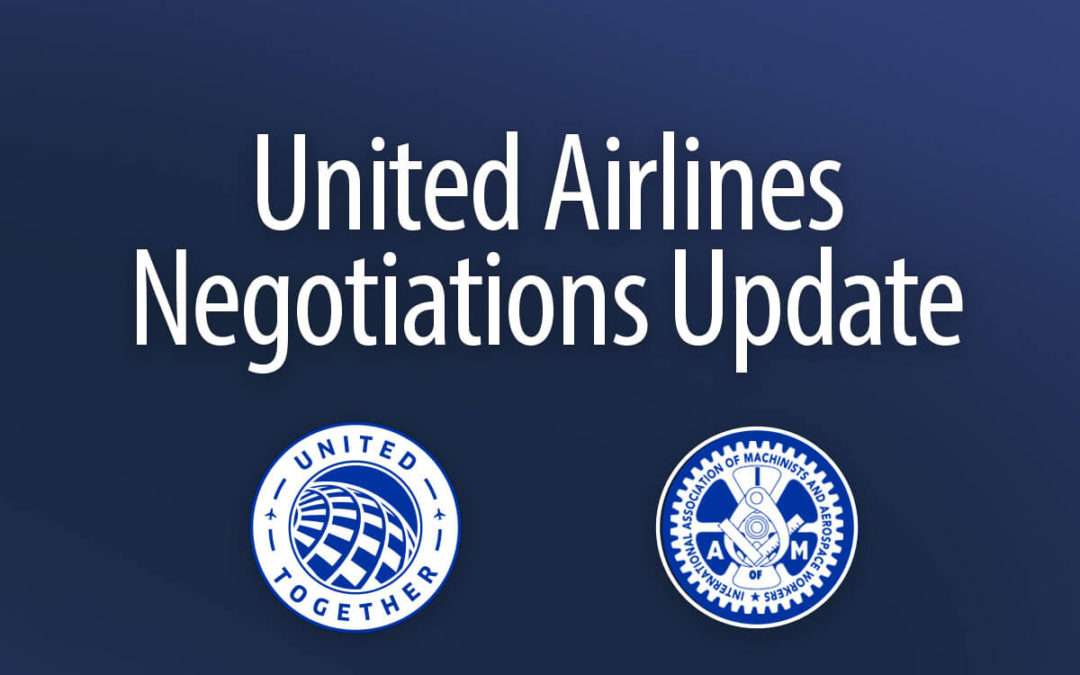
by Eric Price | Dec 18, 2024 | Front Page, Perusals, Recent News, Recent News, Row 2, United
United Contract Negotiations Update 18 December 2024 Dear Sisters and Brothers, Your IAM District 141 negotiating team met with United Airlines last week in Chicago, Illinois, to continue talks on seven different contracts covering our United Membership. The...

by Eric Price | Nov 25, 2024 | Featured News, Front Page, Perusals, Recent News, Recent News, Row 2, United
United Contract Negotiations Update 26 November 2024 Dear Sisters and Brothers, Your IAM District 141 negotiating team and United Airlines management made significant progress in contract negotiations last week in Chicago, Illinois. We addressed seven separate...
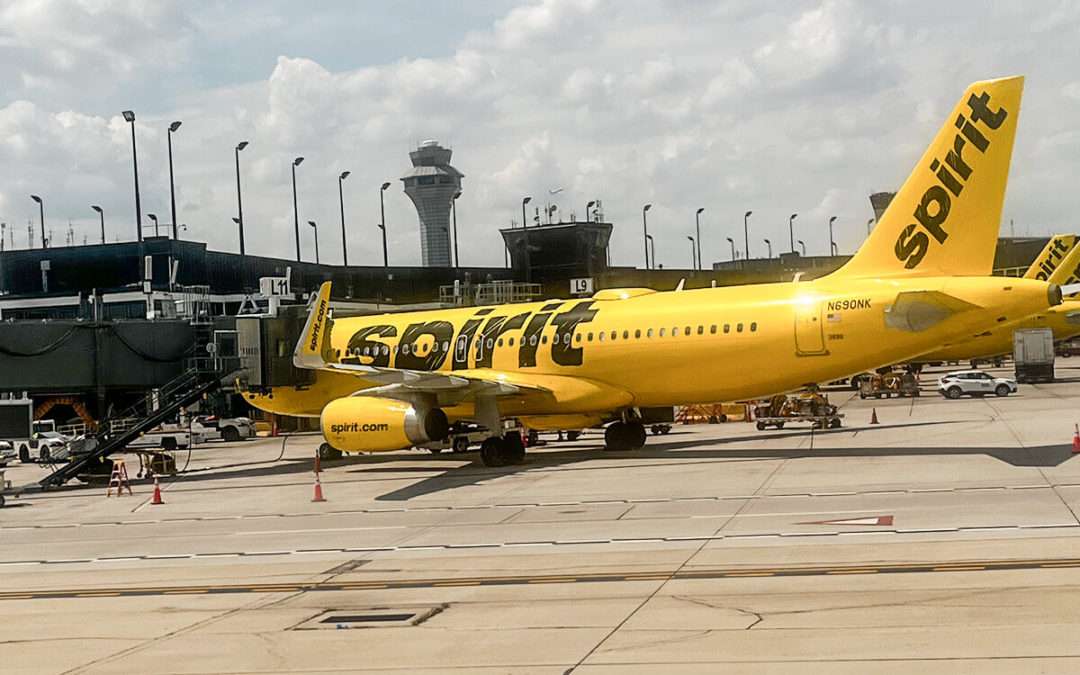
by Eric Price | Nov 19, 2024 | Featured, Featured News, Front Page, Perusals, Recent News, Recent News, Row 2, United
Spirit Airlines Announces Plan to Restructure, Files Bankruptcy November 19, 2024 Sisters and Brothers, Yesterday, Spirit Airlines announced that it has filed for Chapter 11 bankruptcy protection as part of a comprehensive restructuring plan. While this news may cause...
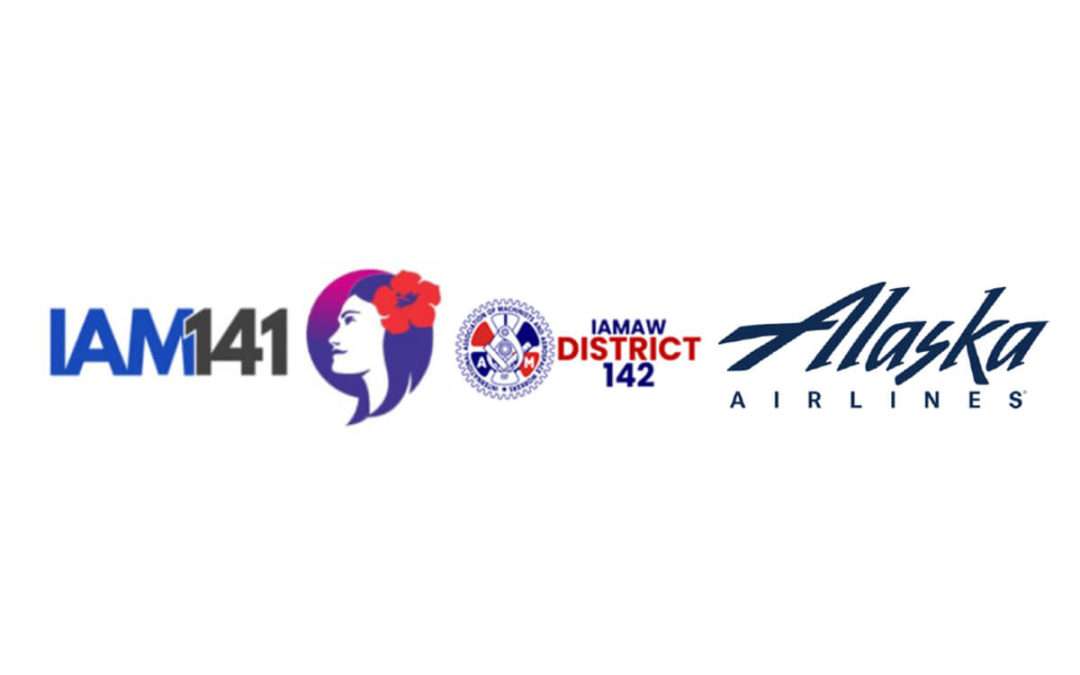
by Eric Price | Oct 31, 2024 | Featured, Featured News, Front Page, Hawaiian, Recent News, Row 2
October 31, 2024 Aloha Sisters and Brothers of Hawaiian and Alaska Airlines, The IAM Districts 141 and 142 reached a Transition Agreement with Alaska Airlines and Hawaiian Airlines for the Alaska COPS and RSSA agreements, and the Hawaiian COPFS agreement,...
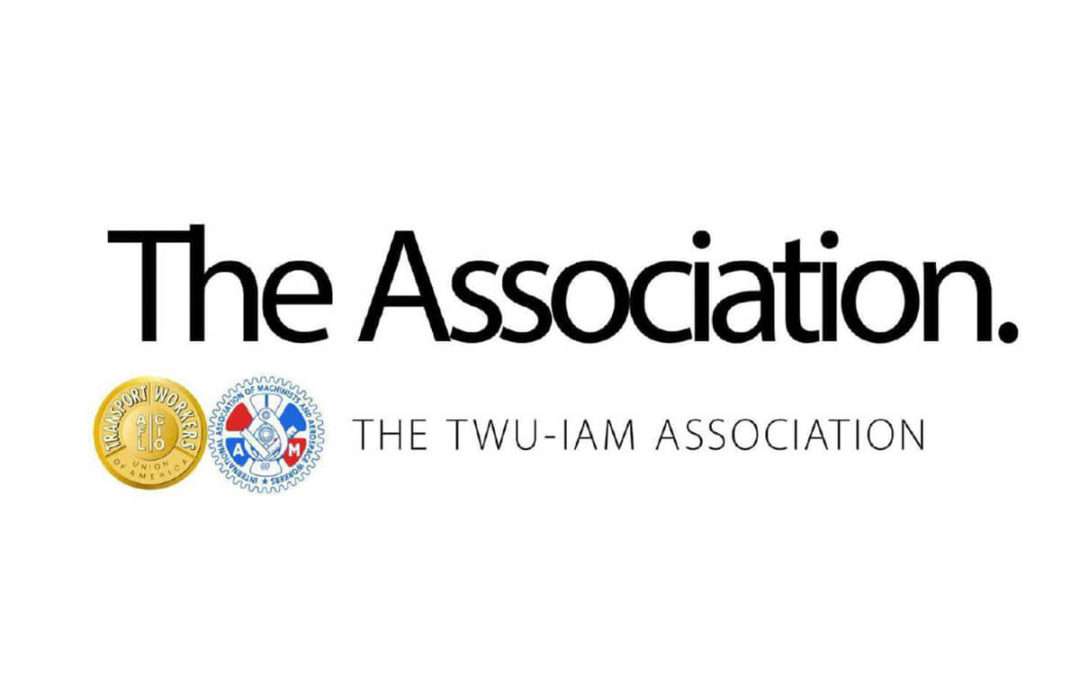
by Eric Price | Oct 21, 2024 | Featured News, Front Page, Recent News, Row 2, Uncategorized
October 21, 2024 Re: American Airlines Contract Extension Vote TWU-IAM Association Brothers and Sisters: After working with BallotPoint Election Services company, the following schedule for the voting process for the American Airlines Economic Extensions to each...
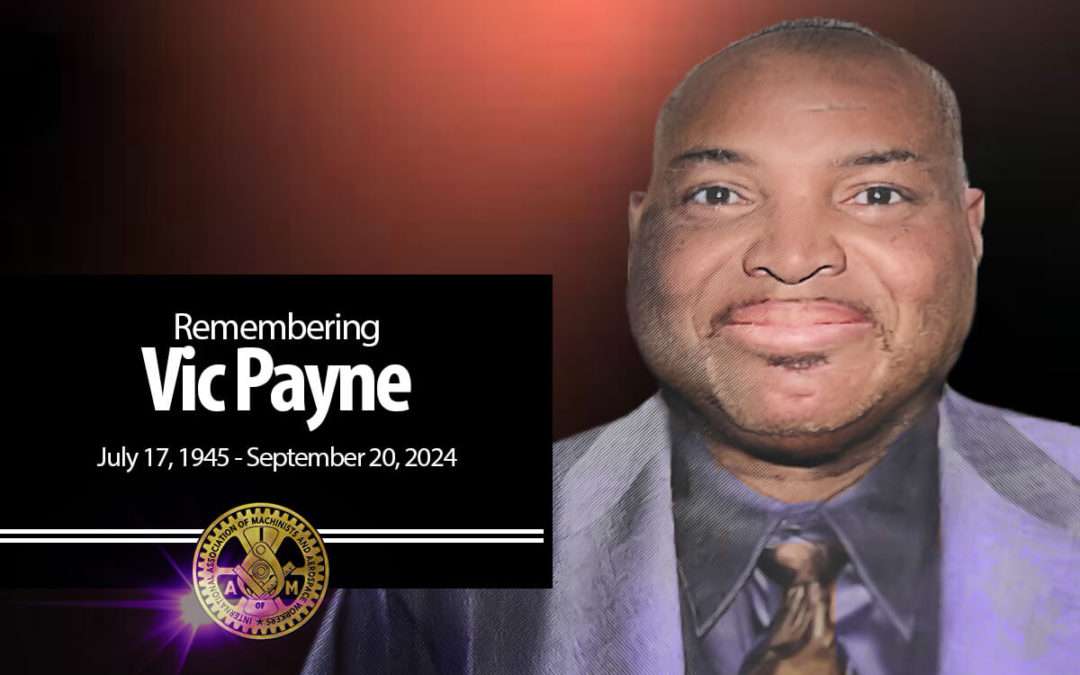
by Eric Price | Sep 26, 2024 | Featured, Force Front page, Front Page, Other News, Perusals, Recent News, Recent News, Row 2
Vic Payne, Respected Union Leader and Community Advocate, Dies at 79 Vic Payne, Respected Union Leader and Community Advocate, Dies at 79 IAM141.org 26 September 2024 Victor Claude Payne, a revered union leader and cherished community figure, passed away on September...







